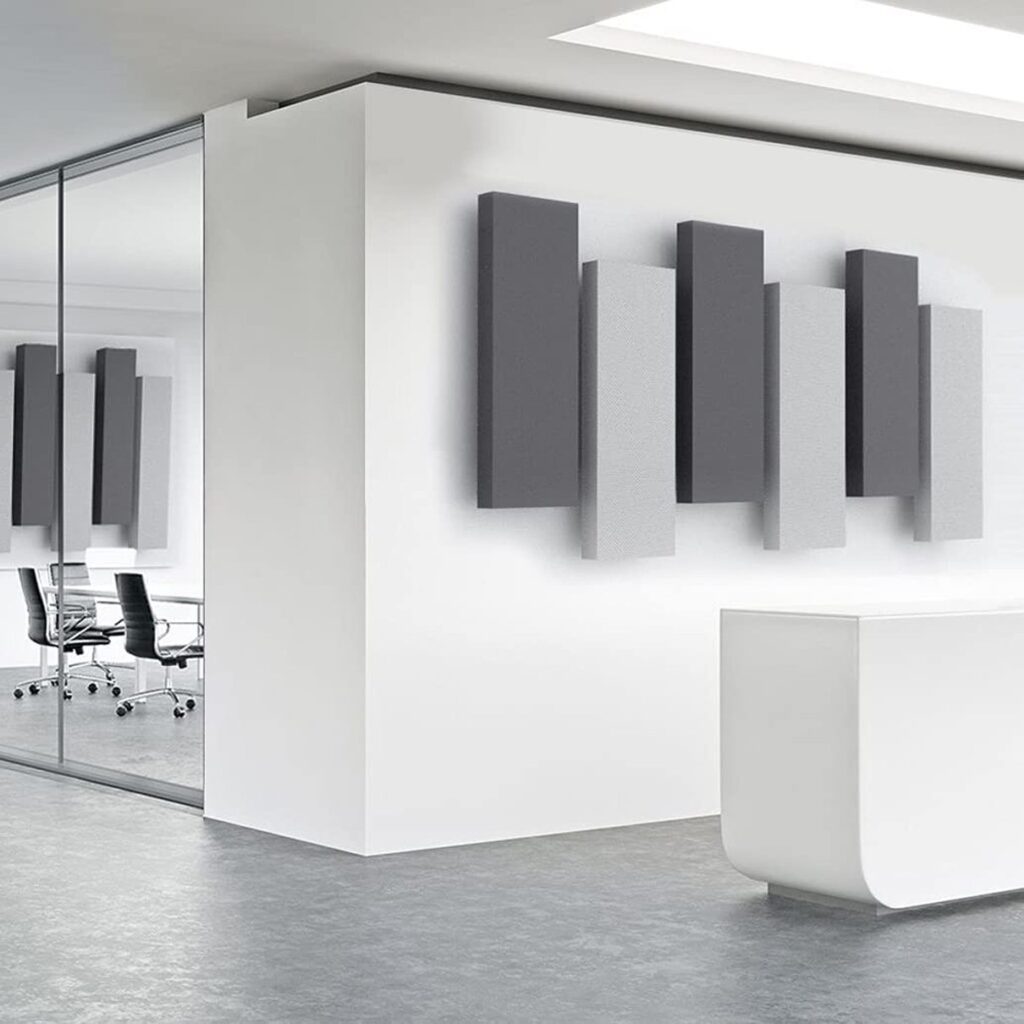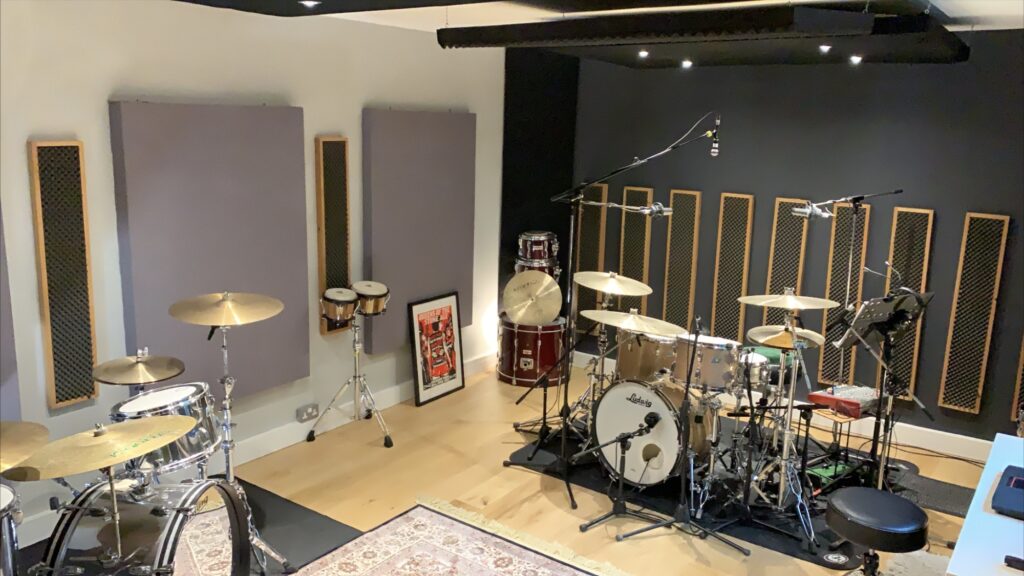Acoustic panels are invaluable tools for managing sound quality and controlling noise levels in various environments, ranging from recording studios to office spaces, classrooms, and beyond. However, like any other investment, acoustic panels require proper maintenance to ensure their longevity and effectiveness. In this article, we’ll explore the importance of maintaining acoustic panels and provide practical tips for keeping them in top condition.
Why Maintenance Matters
Regular maintenance of acoustic panels is crucial for preserving their performance and maximizing their lifespan. Over time, dust, dirt, and airborne particles can accumulate on the panel surfaces, compromising their ability to absorb sound effectively. Additionally, improper handling or neglect can lead to physical damage, such as dents or tears, further diminishing their acoustic properties. By implementing a consistent maintenance routine, you can prolong the life of your acoustic panels and ensure optimal sound absorption capabilities.
Maintenance Tips
Here are the some maintenance tips for acoustic panels you can follow:

Dusting:
Regular dusting is essential to prevent the buildup of debris on the surface of acoustic panels. Use a soft-bristled brush or a vacuum cleaner with a brush attachment to gently remove dust and dirt from the panels. Avoid using harsh chemicals or abrasive cleaning tools, as they can damage the fabric or finish of the panels.
Spot Cleaning:
For stubborn stains or spills, spot cleaning may be necessary. Use a mild detergent diluted in water and a soft cloth to gently blot the affected area. Avoid scrubbing vigorously, as this can damage the panel material. Once the stain is removed, use a clean, damp cloth to wipe away any residue and allow the panel to air dry completely before re-installing it.
Inspection:
Regularly inspect your acoustic panels for any signs of damage, such as tears, dents, or loose edges. Address any issues promptly to prevent further deterioration and maintain the panel’s effectiveness. If necessary, contact the manufacturer for repair or replacement options.
Protection:
Take proactive measures to protect your acoustic panels from potential damage. Avoid placing heavy objects on or leaning against the panels, as this can cause indentations or tears. Install protective barriers, such as railings or bumpers, in high-traffic areas to prevent accidental impact or contact with the panels.
Climate Control:
Maintain a stable indoor environment to prevent fluctuations in temperature and humidity, which can affect the performance and integrity of acoustic panels. Avoid exposing panels to direct sunlight or extreme heat, as this can cause fading or warping of the materials.
Contact Waseem Muhammad Technical Soundproofing Expert in Dubai: +971 50 209 7517
Conclusion:
Proper maintenance is essential for preserving the performance and longevity of acoustic panels. By following the tips outlined in this article and incorporating regular inspection and cleaning into your maintenance routine, you can ensure that your panels remain in top condition and continue to provide optimal sound absorption for years to come.
FAQs:
Can I use household cleaners to clean my acoustic panels?
It’s best to avoid using harsh chemicals or abrasive cleaners, as they can damage the fabric or finish of the panels. Stick to mild detergents diluted in water for spot cleaning, and always test a small, inconspicuous area first.
How often should I clean my acoustic panels?
The frequency of cleaning depends on factors such as the environment in which the panels are installed and the level of dust and debris present. Generally, it’s a good idea to dust the panels regularly and perform spot cleaning as needed.
Can I repair damaged acoustic panels myself?
Minor repairs, such as patching small tears or reattaching loose edges, can often be done DIY-style with the right materials and techniques. However, for more extensive damage or if you’re unsure about how to proceed, it’s best to consult a professional or contact the manufacturer for guidance.




